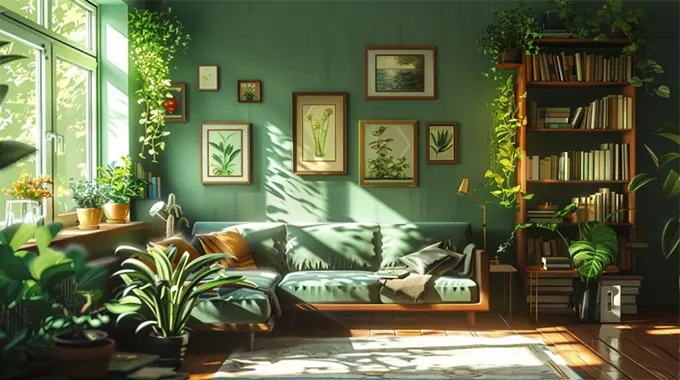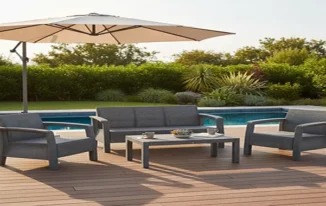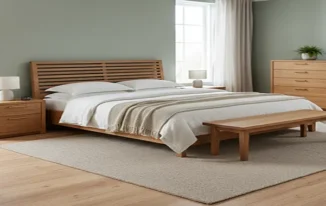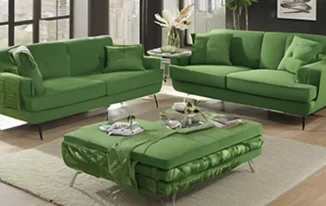In an era where environmental consciousness is increasingly at the forefront of consumer minds, the demand for ethical and sustainable furniture has surged. As we strive to lessen our ecological footprint and support responsible practices, the furniture industry is undergoing a significant transformation, embracing sustainability as a cornerstone of its ethos.
The Ethical Imperative
Ethical furniture isn’t merely about aesthetics or functionality; it’s about the journey each piece takes from conception to consumption. Traditional furniture production often involves practices that harm the environment and exploit labor. Deforestation, chemical emissions, and unethical labor conditions are unfortunately common in many parts of the industry.
However, ethical furniture challenges these norms by prioritizing sustainability and ethical labor practices. This means sourcing materials responsibly, minimizing waste, and ensuring fair treatment and wages for workers throughout the supply chain. It’s about creating beautiful pieces with a clean conscience.
Sustainability in Design
Sustainable furniture design encompasses a spectrum of practices aimed at reducing environmental impact. From the materials used to the manufacturing processes employed, every aspect is carefully considered to minimize carbon footprint and preserve natural resources.
One of the key aspects of sustainable furniture design is the choice of materials. Reclaimed wood, bamboo, and recycled metals are favored for their eco-friendly properties. These materials not only reduce the demand for virgin resources but also give new life to discarded materials.
Furthermore, sustainable furniture design emphasizes longevity and durability. By creating pieces that stand the test of time, designers reduce the need for frequent replacements, thereby curbing waste and conserving resources in the long run.
The Role of Innovation
Advancements in technology and design have played a pivotal role in driving the ethical and sustainable furniture movement forward. From 3D printing to modular design concepts, innovation is reshaping the way furniture is created and consumed.
One notable trend is the rise of circular design principles, which prioritize a closed-loop system where materials are reused and recycled indefinitely. This approach not only reduces waste but also fosters a more sustainable relationship with the products we bring into our homes.
Moreover, the integration of renewable energy sources and eco-friendly manufacturing processes further reduces the environmental footprint of furniture production, paving the way for a more sustainable industry as a whole.
Consumer Consciousness
Ultimately, the shift towards ethical and sustainable furniture is as much driven by consumer demand as it is by industry innovation. As consumers become more informed about the environmental and social impact of their purchasing decisions, they increasingly seek out brands and products that align with their values.
This growing awareness has spurred a wave of transparency within the furniture industry, with brands openly disclosing their sourcing practices, environmental initiatives, and labor standards. Consumers are empowered to make informed choices, supporting companies that prioritize sustainability and ethical business practices.
Looking Ahead
As we move towards a future defined by environmental stewardship and social responsibility, ethical and sustainable furniture will continue to occupy a central role in shaping the spaces we inhabit. From eco-conscious materials to innovative design solutions, the possibilities for greener living are boundless.
By embracing ethical and sustainable practices, the furniture industry not only reduces its environmental impact but also sets a precedent for responsible business practices across sectors. Together, we can create a more sustainable and equitable world, one piece of furniture at a time.













